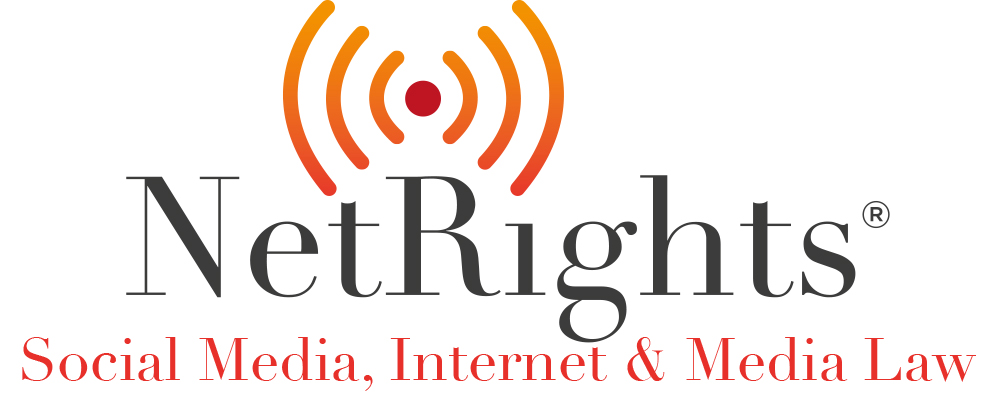Is your organisation protected from employee social media legal risk?
Are you aware that employers can be liable for their employee’s unlawful social media posts made in the course of their employment? It doesn’t matter if the unlawful post was made deliberately or unintentionally or even without the employer’s knowledge. This can sometimes include posts made outside of office hours and can be very costly as well as damaging to an organisation’s reputation.







